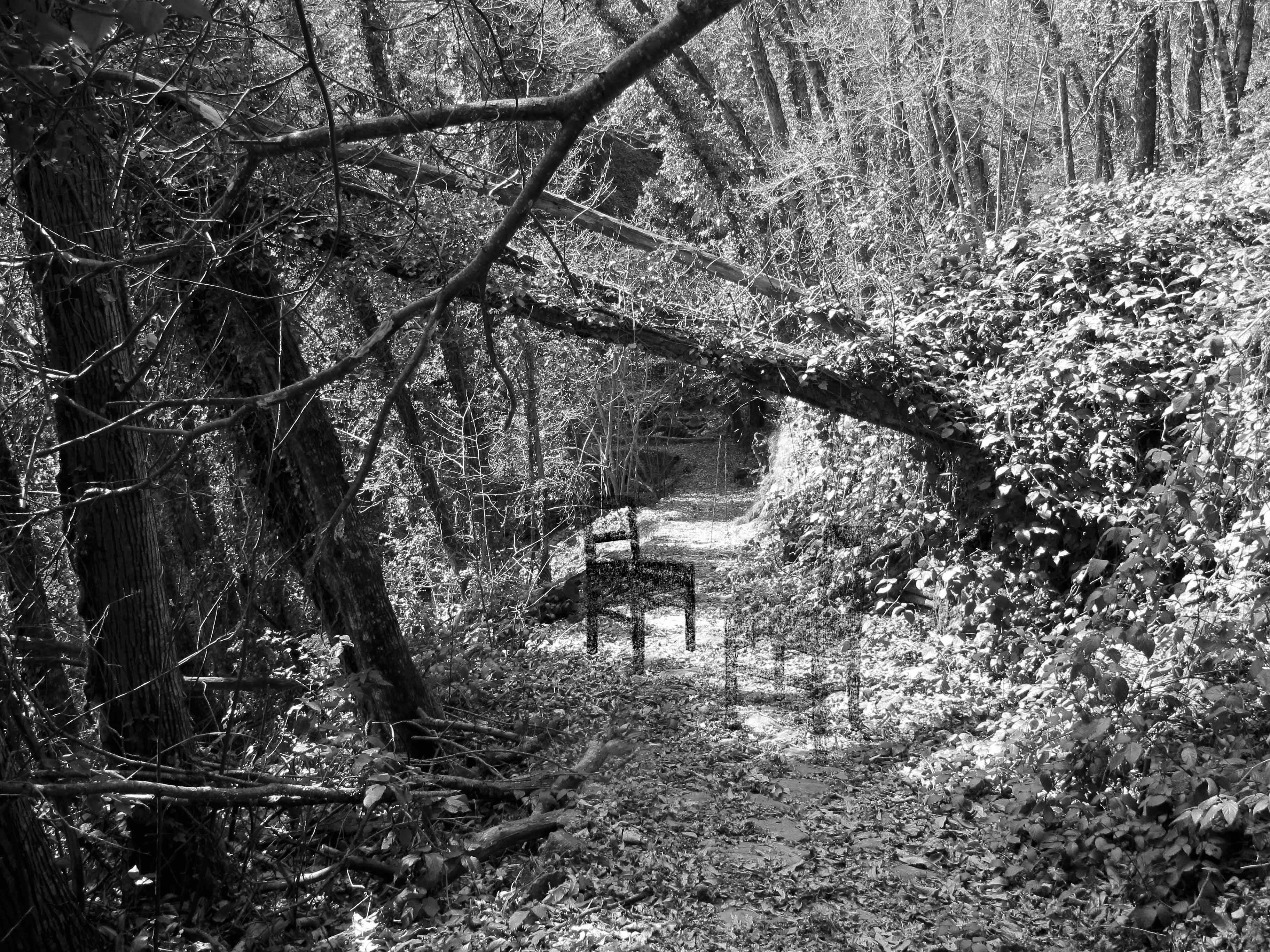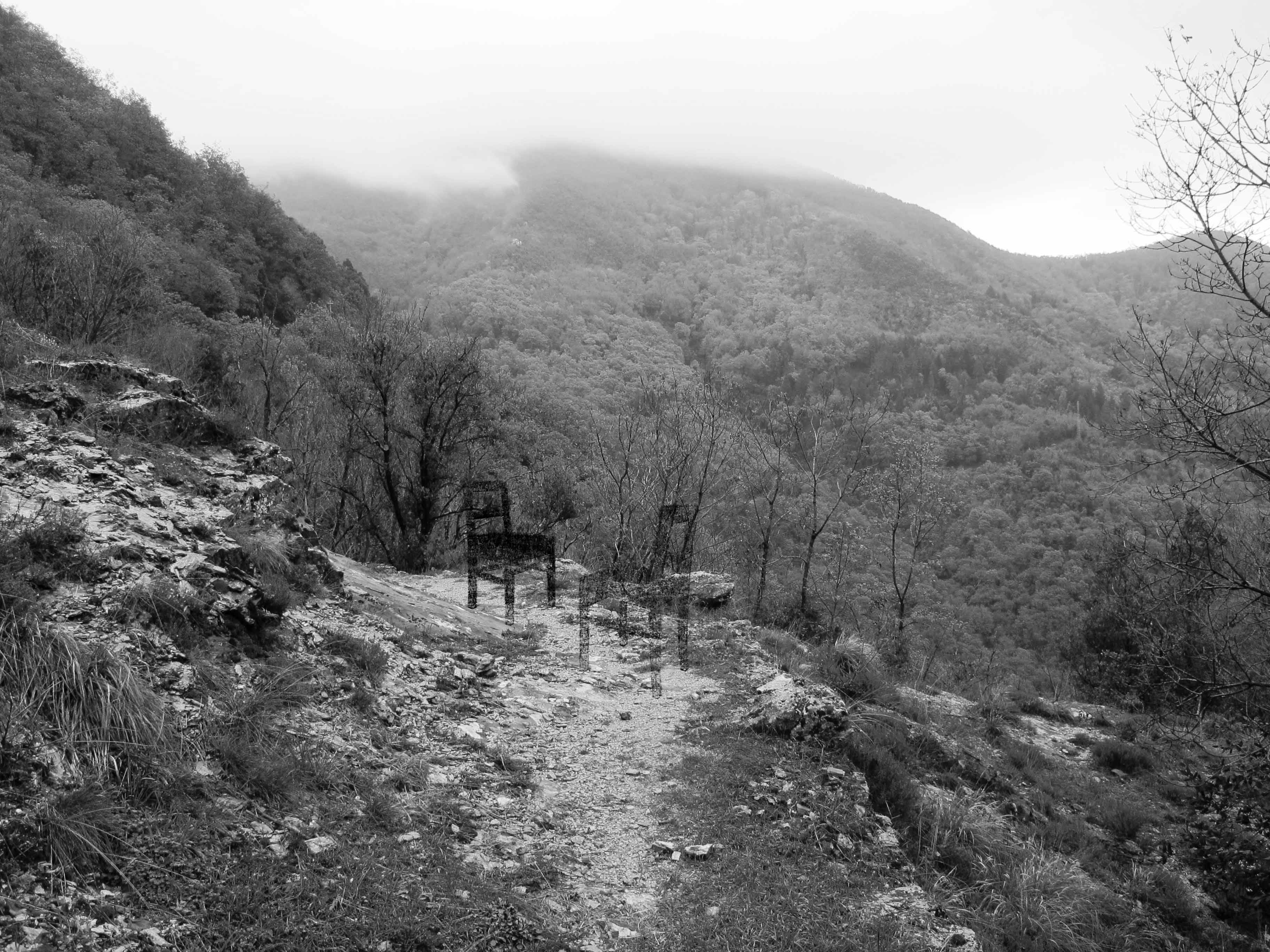Jacob Have I Loved
I.
I think I lost the genetic lottery,
my cousin told me
in one of the last conversations
we had. He was thirty-three,
our parents twins. We were living
again the few good stories.
Tell me the one
about Esau.
II.
Tell me about God hating him.
I want it to be a problem
of translation: language or time.
I have never met an Esau,
and what chance
does a born person have,
though we name them all Jacob?
Tell me my own daughter
doesn’t wonder
if she’s naked.
She is running through the yard
explaining something to her sister.
I want to keep her
from hiding
in the understory
as Eve did
with Adam, children
believing they could
disappear
from God.
III.
The absurdity of hiding anywhere:
I want to show her
how to hold her fear
like a child of her own
how to ask it, between sobs,
where it hurts.
IV.
Can I hold you when you’re born?
my daughter asks. She is sitting on my lap.
We’re sorting photos of my cousin,
every one in time,
collapsed. Not a good shot
at any age.
I hold up the best, a young man,
to take a picture
of the picture for the obituary.
I orbit it for some time,
trying to remove my body
from the light,
believing the shadow on his face
is from me.
V.
I’ve tried to remove my body.
How afraid have I been
of being found in it,
unblessed?
There is no reason for beauty,
no metric
that holds—
a blessing
in itself.
How we look
to one another.
Don’t you have
even one blessing
left for me?
VI.
The shadow is in the photo,
on him, in the room
where he stood without me,
before I was born.
VII.
In our yard it’s getting dark;
shadows are blessings
that diffuse all the glare
from the heavens.
In the cool of the evening
they heard God
walking around in the garden:
Where are you?
My daughter’s face is a clean window.
No glare to mirror
or ask if I am naked,
if she is Jacob—
only this reflection
in one another’s eyes.

